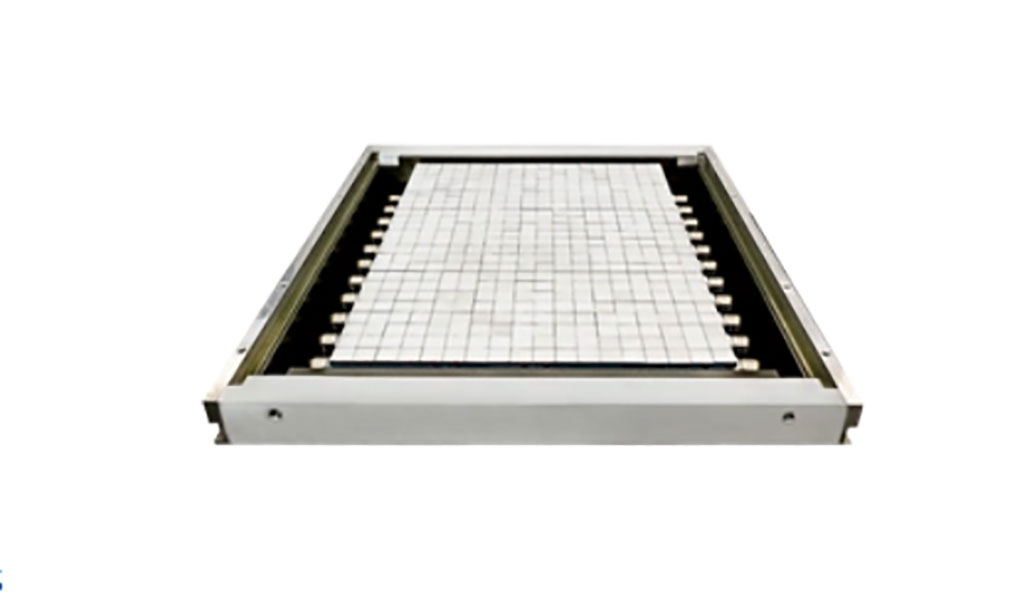Low-Dose Molecular Breast Imaging (MBI) Could Improve Cancer Detection in Dense Breast Tissue
Posted on 02 Feb 2023
Traditional mammography is often less able to clearly image tumors due to the density of the breast tissue. Molecular breast imaging (MBI) technology uses a radioactive tracer that ‘lights up’ areas of cancer in the breast and is effective even in dense breast tissue – which is prevalent in people who are at higher risk of cancer. However, MBI currently involves a much greater exposure to radiation than mammograms. Now, two research programs will aim to further develop low-dose MBI technology based on cadmium zinc telluride CZT-based SPECT (single-photon emission computed tomography) detector technology.
CZT is transforming gamma detectors used in medical imaging, leading to better diagnosis, faster treatment and lower costs for hospitals. The change from conventional scintillator technology to CZT is similar to upgrading from a black-and-white vacuum-tube television to a color digital high-definition flat-screen TV. Kromek (Sedgefield UK), which is at the forefront of CZT detector development, provides a way for medical device manufacturers to be part of this transformation sooner, integrate CZT gamma detectors into their SPECT systems, and bring new products to market cost-effectively. Kromek’s CZT-based SPECT detector technology uses low-dose MBI – to provide effective cancer detection with lower radiation exposure. CZT creates much clearer images and requires far lower radiation doses to do so, than comparable detectors, enabling the solution to deliver eight times less radiation than existing MBI technology. Kromek has now been awarded funding from the UK’s innovation agency, Innovate UK, for two research programs to further develop a low-dose MBI technology based on the company’s CZT-based SPECT detectors.

“Current routine breast screening does not meet everyone’s needs because of its shortcomings in detecting cancers in dense breast tissue, a particular concern for younger women. Low-dose molecular breast imaging, which solves this, has the capacity to save thousands more lives, detecting cancers earlier, before they have time to spread,” said Arnab Basu, CEO of Kromek Group. “This helps not only the patient, but also the public health authorities who can provide the right treatment earlier and, ultimately, more cost effectively. This additional funding from Innovate UK will allow us and our partners to collate the data needed to progress to clinical tests and then deployment. We look forward to working with our partners to complete the program.”
Related Links:
Kromek






 Guided Devices.jpg)







